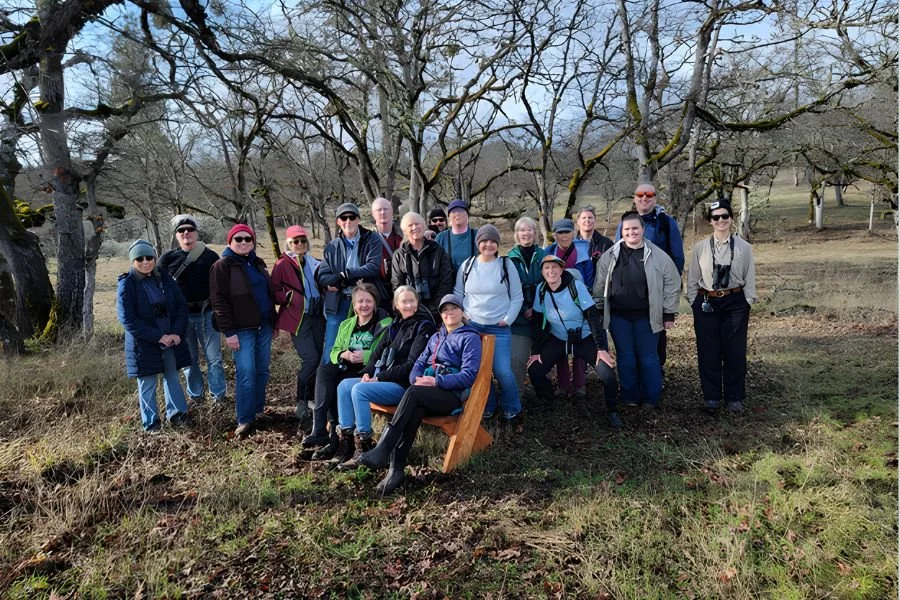Board interview with Donald Rubenstein
Donald Rubenstein has a deep conservation history. He was at the forefront of the conservation movement in the early ‘70s and, with SOLC, continues to be a champion of the environment. We asked Donald to tell us where it all began.
In the early ‘70s the environmental movement was just beginning. Major environmental reporting laws, like the National Environmental Policy Act and California Environmental Quality Act had not been passed. So, it was kind of a free-for-all against the environment. I decided when I was in law school that I wanted to practice environmental law and didn't quite know what that meant yet. My decision was made for me fairly quickly. Just about the time I graduated law school and passed the bar, I received an opportunity to work as an attorney for The Nature Conservancy which focuses on land and ecosystem conservation. I was lucky and became the Western Regional Attorney for The Nature Conservancy in 1974.
Donald went on to work at the then brand new state agency in California, the California Coastal Conservancy just as the land trust movement began to grow nationally.
I developed a program at the Coastal Conservancy to support and encourage the development and the responsible operation of local land trusts throughout coastal California. I was involved in the creation of 10 or more land trusts. I helped them in developing missions and visions, and establishing programs. I was essentially a state paid technical consultant to the local land trust movement in coastal California. Today, there are a number of land trusts from those days that have survived and have become really prominent in the land trust movement.
On a national scale, Donald was part of a group that created a land trust association which eventually became today’s Land Trust Alliance.
I was very active at the very beginning of the organization that transformed into the Land Trust Alliance. Land conservation really has been my life.
As for his involvement with SOLC and the future of land conservation in general, Donald hopes to expand programs to younger Southern Oregonians and their children.
A primary way to get younger people involved is to get their children involved. If children get involved, they go home enthusiastically to their parents, and their parents get an unexpected education about things that they may not otherwise have focused on. They may be very interested in them, or at least they may be open to learning more about them. You can start building through that. I'd like to see local people who manage woodlands have kids out on their property or dairy and agricultural operators and organic growers participating by having kids on their property. We do some of this today, and hopefully we can do more.
October 2020




